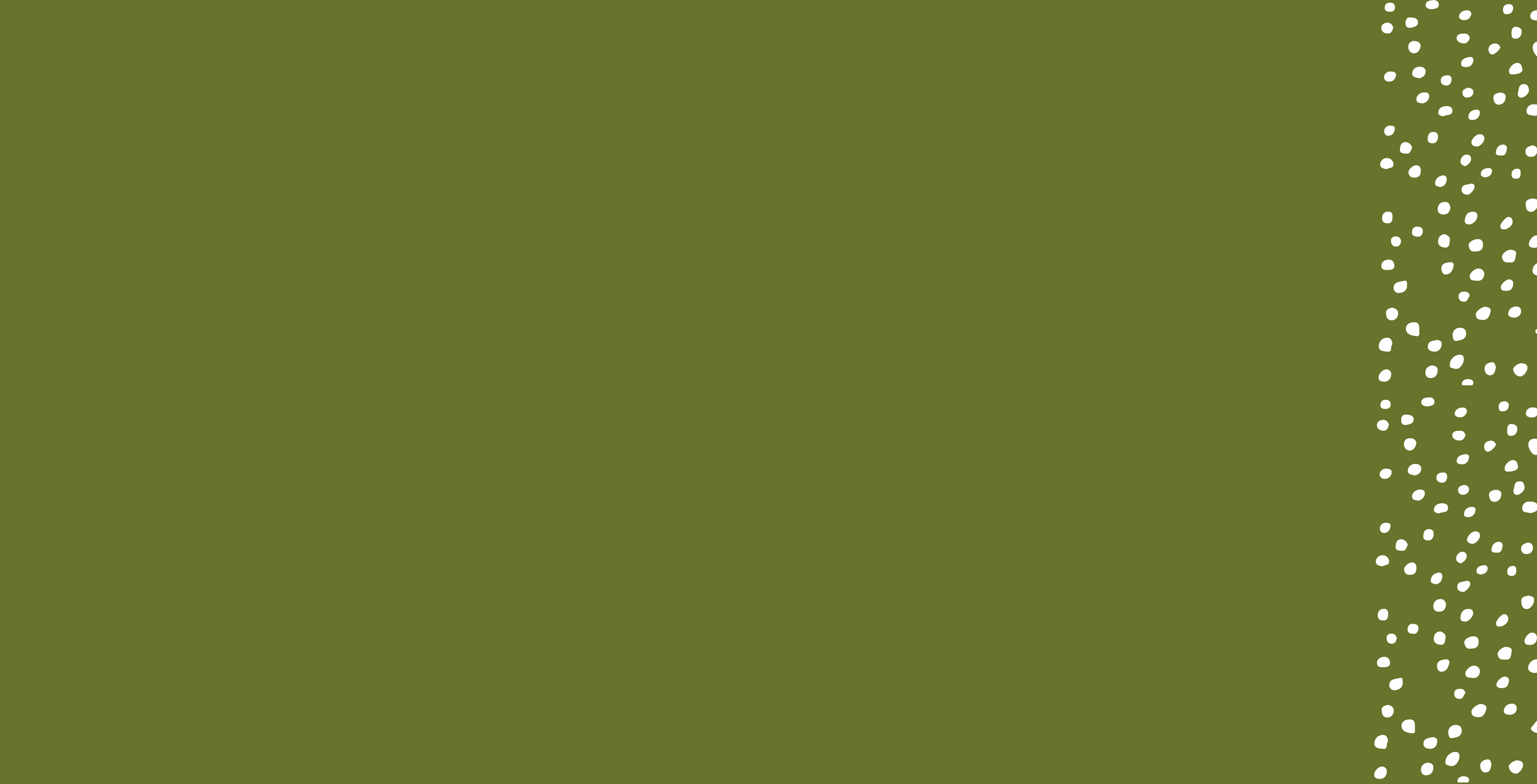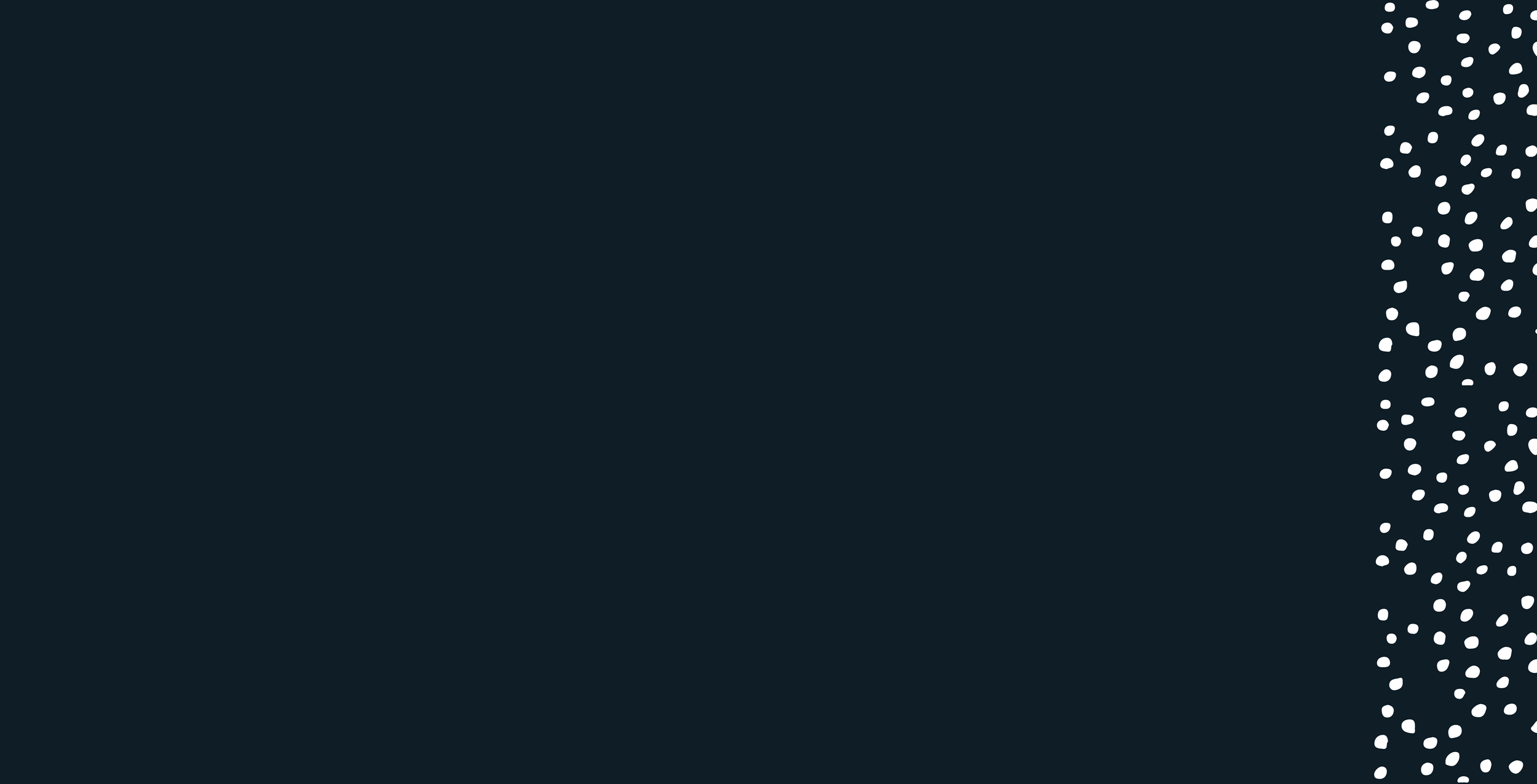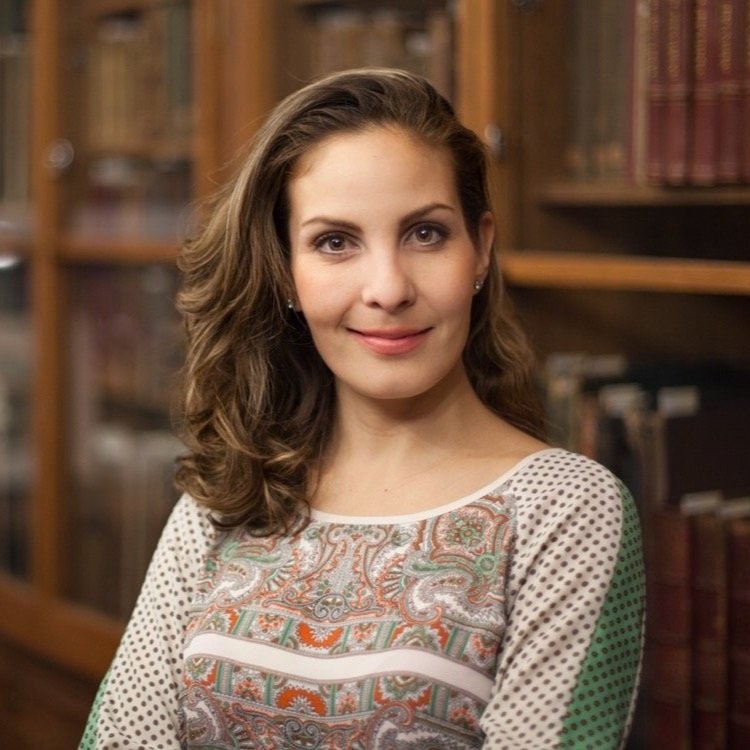
Career Resources
Job Postings
IIDA New England is a supportive design community and whether you are looking for your first job, making a career pivot, or finding yourself in the scary step of having to find a new job in a tough economy we hope this page gives you the resources you need. Everything from how to make your resume stand out, finding a position to apply for, tips to ace the interview and navigating your career path.

Career Advice and Other Resources
Career Advice from New Hires and Recruiters
Rachel Lodi
Interior Designer
WELL AP
Maria Martinez
Interior Designer
RODE Architects
Brian Walsh
Partner
52X Consulting
Thomas Pugh, MBA
Senior Consultant
Meridia Recruitment
Rachel Lodi, WELL AP, LEED GA, Fitwel Ambassador
What was the hardest part of your job search?
The toughest part of my job search was keeping a positive mindset. I graduated from the University of New Haven in 2018, so I am still new to the industry & do not have a lot of experience. I would check job posting sites consistently, but most of the postings wanted designers with more experience than I could offer. I was discouraged with the constant stress of wondering when I would be working again.
How did you stay positive?
I stayed positive during my job hunt by staying busy & finding different outlets to de-stress. Before Covid-19 hit, I would go to the gym to unwind, but since they were closed for 3+ months, I had to find another way to let out the negativity I was feeling. I started running and exploring different hiking trails all over the state of Connecticut. I also studied & passed the LEED GA exam right after quarantine ended. Passing the LEED GA test was a great selling point for interviews, but it also gave me the opportunity to work toward a goal I’ve had for a couple of years.
What job opening platforms did you use?
LinkedIn, Indeed, Gpac talent, IIDA HQ job postings page & ASID HQ job postings page
How did you stay involved with the industry while job hunting?
I stayed involved with the industry by spending more time on my past position as Co-Chair of Social Media for the Communications Committee. This led to the opportunity to be Chair of Communications, which overlooks the entire committee. Transitioning into this new position without a job gave me the opportunity to learn at my own pace & not feel overwhelmed with the amount of time it takes to stay organized. I also felt it was important to stay in contact with industry members & keep that relationship going.
Where did you end up/what position do you have!?
The Procopio Companies, Interior Designer & Procurement Specialist
Maria Martinez
What was the hardest part of your job search?
Finding firms that fit my career goals. Striking a balance between being open to try new avenues within my career, while seeking firms who do the type of work I aspire to do instead of saying yes to the 1st firm that needs the talent. Especially during a pandemic where, not only having but finding a job is a privilege, one must still ensure the firm fits both your professional and cultural goals. It takes a lot of effort and commitment from both parties to start a new work relationship, so doing your due diligence on your potential new job is key.
How did you stay positive?
Staying healthy physically and mentally was key to keeping a positive perspective. Making conscious choices by eating healthy, meditating, exercising and reaching out to friends and family was and still is of utmost importance. We get isolated so easily during quarantine, that staying in touch with other people helps keep perspective to a positive outcome. Believing that the right opportunity would present itself helped me not lose ground and practice my patience.
What job opening platforms did you use?
LinkedIn was a great source to find job opportunities, as well to reach out to former colleagues and people in the industry letting them know I was looking for a new opportunity. Ultimately, word of mouth was the way I found my new position, reaching out to my colleagues in the industry and betting the word out helped me land my new position.
How did you stay involved with the industry while job hunting?
Being an IIDA member helped me stay connected with my peers and the industry in general. Attending virtual webinars organized by IIDA, and product knowledge based events through sales reps, helped me stay in the loop of the latest products, but most importantly, to stay connected with my network.
Where did you end up/what position do you have!?
RODE Architects, Interior Designer
Brian Walsh
Partner at 52X Consulting
https://52xconsulting.com/
brian.walsh@52xconsulting.com
What sets a candidate apart in this competitive job market?
Regardless of experience, humility and self-awareness are key. Knowing and being able to articulate your strengths and areas for improvement are critical, and being able to present yourself in a humble, ‘do whatever it takes’ approach can be intangibles that can be a difference maker if all else is equal.
What advice would you give recent grads in this market?
Try not to get discouraged if you are finding it difficult to land a job offer. In 2008-2009 I saw so many young professionals leave the industry all together because they struggled to find work, and it created a huge shortage of talent in that age demographic. While hiring has dropped significantly in the last 7 months, we have started to see some positive trends since Labor Day. While we are still seeing layoffs, they seem to be taking place with firms who are more vulnerable to the Covid-specific downturn (corporate interiors, retail/hospitality, higher ed). We have seen more search requests from existing clients, and even a few new ones, since Labor Day than the 5 months prior combined. Similar to my first answer, showing really positive intangibles (work ethic, drive, willing to do anything/whatever it takes) will definitely increase your chances of a firm making an offer. Don’t be afraid to reach out directly to principals; it may seem intimidating, but in my opinion it would be an opportunity to separate yourself from other junior candidates.
It seems in this economy contract positions are a trend. What are the pros and cons of contract work?
I spent the majority of my career prior to starting 52XConsulting in Boston placing contract employees. There are pros for both employers and employees. From a pure economic standpoint, contract/temporary hiring will be more prevalent than “direct” hiring as the market comes back, because firms will be getting busier but still hesitant to make the full time commitment. It allows the candidate a foot in the door that otherwise may not be there, and it provides the company the flexibility to deliver on work, or take on new projects, without the commitment of the full time hire. It also allows for an easier exit strategy for each party if things don’t work out. There is a misnomer that contract work is not as stable as “permanent” work. I have found if you are talented, work hard, and are a great culture fit, a company will fight to keep you. If you are not, then it doesn’t matter whether you are on a contract assignment or you were a full time hire; that company will not keep you. As for cons, nothing is perfect; benefits (specifically health insurance costs) are typically not as strong. Some companies do genuinely treat their contract employees differently than their full time employees. As a candidate I would really vet out a company to ensure there is little to no delineation from a contract employee to a full time one,
What market segments are you seeing continue to grow?
Life sciences was the hottest market pre-Covid, and it only continues to get more competitive. I have seen close to a ½ dozen design firms and almost as many CM’s enter into the Life Sciences sector in the past year. I think as hospitals come back financially to the severe negative impacts the first few months of Covid brought, you will see healthcare-related design continue to grow. We have an aging population, and as the Baby Boomer generation and older Gen X generation continues to age, it will require more healthcare facilities. Another market we have seen really increase in the last 7 months is residential. As people look to leave urban areas and/or expand their existing homes or acquire second homes in the remote work/school culture that has been created, it has led to residential design and construction really booming.
How flexible should you be with your expected salary and benefits given the economy? No one wants to settle but you also don't want to take less than your experience and expertise are worth.
A very important question. We are already seeing this to a certain extent. Companies have seen huge decreases in their revenue, and there is a trickle down effect. Many companies have asked employees to take 10%/20%/25% pay cuts and/or reduced schedules. As recently as Feb 15th it was still a “candidate” market, where the most candidates could command top of the market salaries. At the end of the day, the best talent will still command higher than average salaries. I think flexibility is important, but I don’t think people should assume a huge pay cut. This is where partnering with a recruiter can really help. Recruiters have a keen sense of the market, can help with trends, data, etc. It’s hard to find true data out there, and I find a lot of times candidates don’t have a true sense of the market, and talk to us about salary targets that can be really off track.
What are the dos/don’ts for resumes?
This doesn’t always sit well with designers, but the traditional resume to me always work best. I find many designers want their creativity to show through their resume; in my opinion that should be for the portfolio. Aesthetically, I think bullet points that clearly and succinctly explain roles, responsibilities, and accomplishments can paint a good picture of the candidate’s overall skill set. Paragraph summaries can quickly lose the attention of the reader. The average hiring manager reviews a resume for about 6 seconds; enough detail to show what your qualifications are but short enough to keep the attention of the reader.
What advice do you give to candidates about pivoting to a related position? (i.e. designer to sales rep, designer to project management/construction)
I do think in tougher times pivoting could prove to be a great option. I think one should really think through it, though, and be sure this is something you could see yourself doing for the next X years. Employers often will be hesitant to hire someone who is pivoting, partly because there could be a fairly large learning curve, and a lot about the commitment long term. What happens if your original path becomes a viable option again? If a candidate can clearly articulate (genuinely) that the pivot is what they want to do, it will go a long way.
Anything else you'd like to share?
For the first time since 2009/2010 we have seen a large number of companies being forced into deep layoffs and furloughs. I am seeing really talented individuals unemployed, in many cases for the 1st time in their careers. For those directly impacted and/or nervous, stay patient and use your network. I have had to coach a lot of people on how to ask for help; there should be no shame or embarrassment. What I love about this industry is that the vast majority of people are there to help. It is exactly for times like this where a platform like LinkedIn can be used for its original intent: to allow it to be easier to network for your own career. Don’t be afraid to ask for an introduction a recommendation etc. And for employers, there has long been a stigma attached to people who have been laid off…”there must be something wrong with this person if they have been laid off”. As I mentioned above, I am seeing people now on the market who never would have otherwise been available. This could be a great time for firms to capitalize (if they are in a position to do so) to add top talent to their organization
Thomas Pugh, MBA
Senior Consultant - Architecture, Engineering, Construction Recruitment at Meridia Recruitment
https://meridiarecruitment.ca/
tpugh@meridiarecruitment.com
What sets a candidate apart in this competitive job market?
Soft skills, like strong communication skills, and project expertise can be real differentiators. Firms are looking for well-rounded individuals who they can invest in for the long-term. It’s also important to maintain a solid understanding of the latest software in the interior design field so that you can hit the ground running when you begin a new role.
What advice would you give recent grads in this market?
Pursue design firms and opportunities where you can get as much exposure as possible to the entire design process. New graduates need an environment where they can grow and develop and find mentorship opportunities. I would also suggest pursuing a firm that aligns with the projects and design you’re passionate about.
It seems in this economy contract positions are a trend. What are the pros and cons of contract work?
Contract positions are becoming more prevalent and this trend has been amplified with the impacts of COVID-19 and managing uncertainty. The main advantage of contract positions is variety – the opportunity to work on multiple types of projects and with a variety of firms. This experience allows you to better evaluate what type of work will best align with your long-term career goals. A common disadvantage is the lack of job security due to the project-based nature of contract positions.
What market segments are you seeing continue to grow?
We’ve seen exponential growth within the life-sciences, healthcare, and multi-family sectors. New England has always had a strong presence in these sectors, but COVID-19 has shone the spotlight on them even more.
How flexible should you be with your expected salary and benefits given the economy? No one wants to settle but you also don't want to take less than your experience and expertise are worth.
Salaries have remained relatively consistent throughout the pandemic. It’s important to research competitive compensation packages in your field as a part of your job search so you know what to expect. Architectural/Interior Design recruiters are an excellent resource as they have the most up-to-date market knowledge. It is extremely important to take a long view when evaluating a job offer. Compensation is important but it can be even more important to consider how an opportunity will advance your long-term career goals.
What are the dos/don’ts for resumes?
It’s important to create a resume that is clear and concise. The average employer evaluates a candidate’s qualifications within seconds. A well formulated resume can make the difference between getting an interview or not.
Do include your work experience chronologically as well as software proficiencies and specific project details.
Don’t include your picture, personal hobbies, or references. These are best addressed once you are invited into the interview process.
What advice do you give to candidates about pivoting to a related position? (i.e. designer to sales rep, designer to project management/construction)
When making a shift in your career it is important to focus on your relevant, transferable skill sets. You must frame your experience in a way that amplifies how it would be of value to the new position. Your resume should be tailored and customized to showcase your skills and experience in the most relevant way for the role and industry you are applying to.
Anything else you'd like to share?
While it has been a tough year, the design community is resilient. There is optimism in the market and I’m confident that the profession you have chosen, although difficult at times, will continue to be rewarding for many years to come.
Other Career Search Tips










